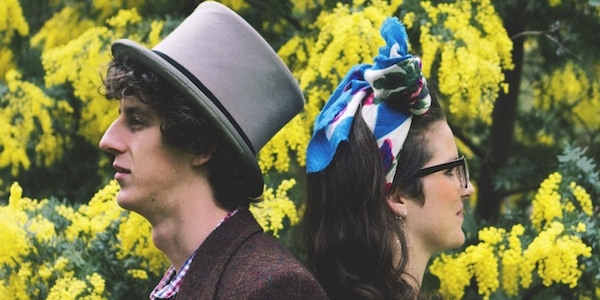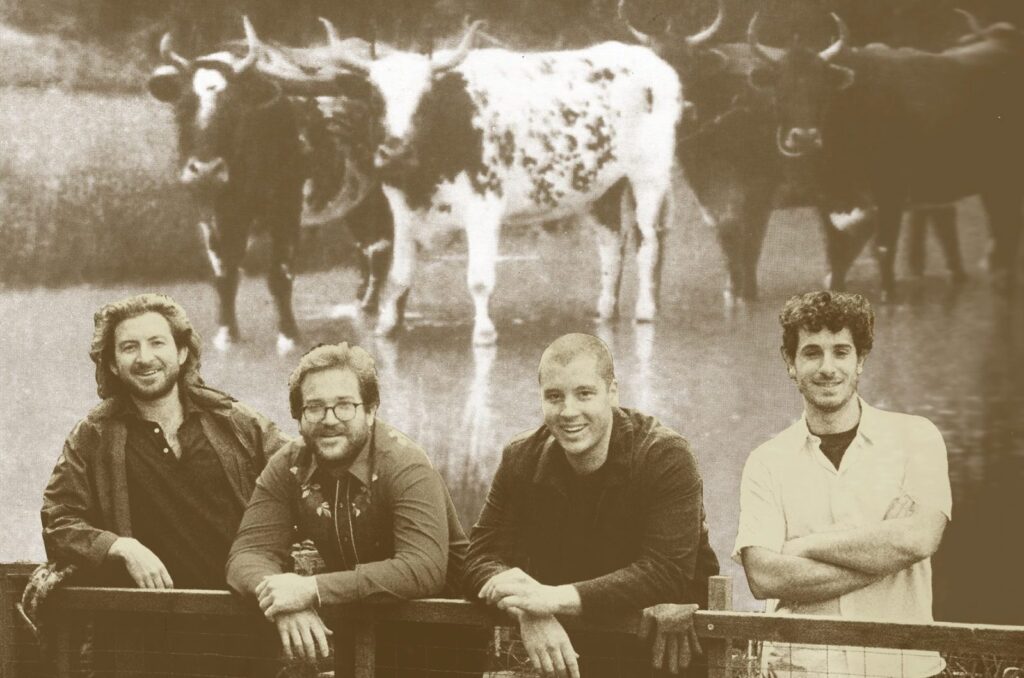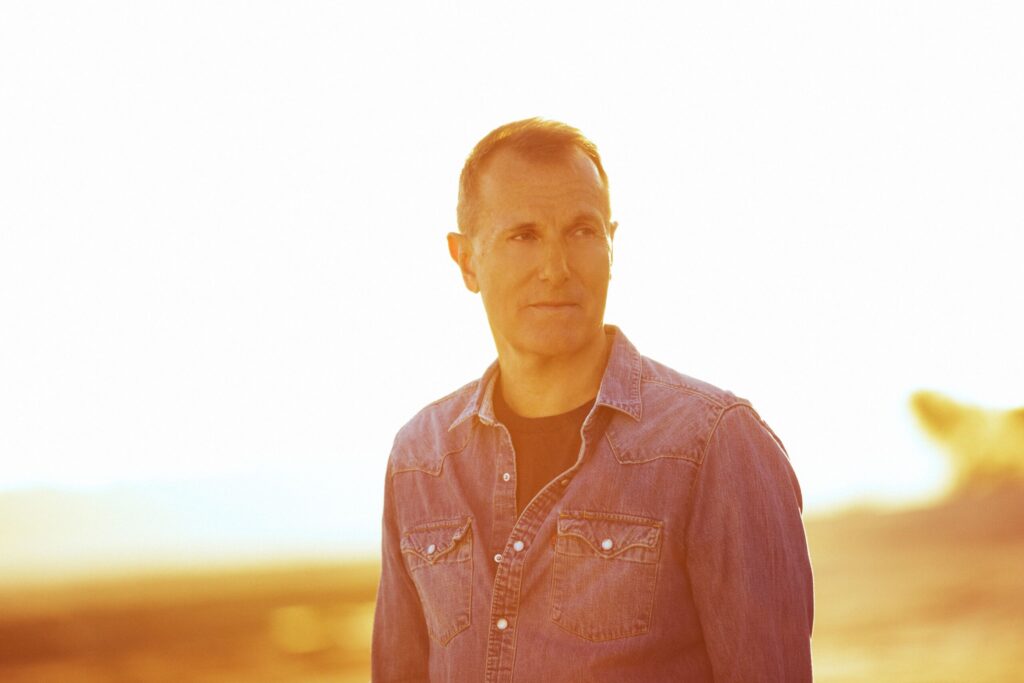Now they’ve arrived with album number seven, Loud Like Love, and they’re approaching their 20 year anniversary – Christ. The most refreshing part of all of this is that Loud Like Love is a return to Placebo at their best. They stumbled on 2006’s Meds and downright collapsed on 2009’s Battle For The Sun, but just like the ’80s, all that is behind them and this album might even give Without You I’m Nothing a run for its money.
Producer Adam Noble helped the band refine their sound for this latest album and for a group that has been (sometimes unfairly) labeled as egotistic and difficult, they embraced the guidance of Noble. “I think it’s paramount for a producer to not be intimidated by the band, otherwise it’s a non-starter,” Olsdal says. “The challenge for a producer is to kind of coax a band out of their comfort zone and get something out of them that they wouldn’t by themselves, but in doing so not trying to break their identity and Adam did that very well. There were days where things would get a little bit heated but so be it, we had to get it right.”
Olsdal’s open and relaxed manner dispels any ideas of the “difficult band”. He’s nice, really nice, but he does admit that age has a lot to do with it. Age hasn’t just influenced their public personas but also their work ethic. “You’re not the same person when you’re approaching your 40s as you were when you were in your 20s – there is a lot of growing up – even though in some ways it seems you’re allowed to be a perpetual teenager when you’re in a band,” he says. “We’re better at time management now, we don’t spend nine months in the studio like we used to. We used to do 50 or 60 takes to get one song down and squeeze the life out of it. We’ve found our way of recording now that’s more free-flowing and more productive.”
When Placebo were coming through the ranks of Brit rock the media were the gatekeepers to a musicians true personality – if you were having a bad day when you got interviewed you were labeled as an arsehole for a decade. Social media seems to be the antidote to misrepresentation but Olsdal suggests otherwise. “I think you’re still misrepresented these days,” he says. “People seem to take things out of context all the time on social media. Personally I’m not very active on it, when I tried it caused me a lot of anxiety.”
Why the anxiety? “I was faced with so many friend requests from people that, well, there was a reason I hadn’t stayed in touch with them,” he says. “It’s like this emotional blackmail – you must be my friend or else you’re evil. I have a hard enough time as it is staying in touch with my true friends that I can call up and be vulnerable and call for help with social media I just couldn’t keep up. I’ve realized over the years I truly value my privacy, I feel like in this band I’ve overexposed myself by being to open in the media and for my well-being I need to protect myself.”
Social media and the negative feedback loop of social commentary that is produced from, and as a result of, social media was the inspiration for the video accompanying their single Too Many Friends. Directed by Saman Keshavarz – and with a voiceover ingeniously supplied by modernity critic extraordinaire, Bret Easton Ellis – the video moves beyond being a simple film-clip and into a truly bizarre and intriguing short, short film. It is completely Placebo and absolutely suited to a song whose opening line is “My computer thinks I’m gay, I threw that piece of junk away.” “[Getting Bret Easton Ellis] was suggested by the director,” he says. “The video deals with a lot of issues to do with social media and social commentary and Bret is very prominent in that. He was perfect as the narrator of sorts for this video and it really works.”
At almost 20 years it seems obvious but essential to ask will Placebo keep on going? “It’s what we do, I’ve been doing this since I was 19 and sure there are plenty of times it’s tough and it’s lonely but I don’t know anything else I could do,” he says. “I don’t think there’s anything else that could give me this much fulfillment. Show time is the best and most rewarding time in all of this and is the reward for everything we do and everything we deal with.”
BY KRISSI WEISS







